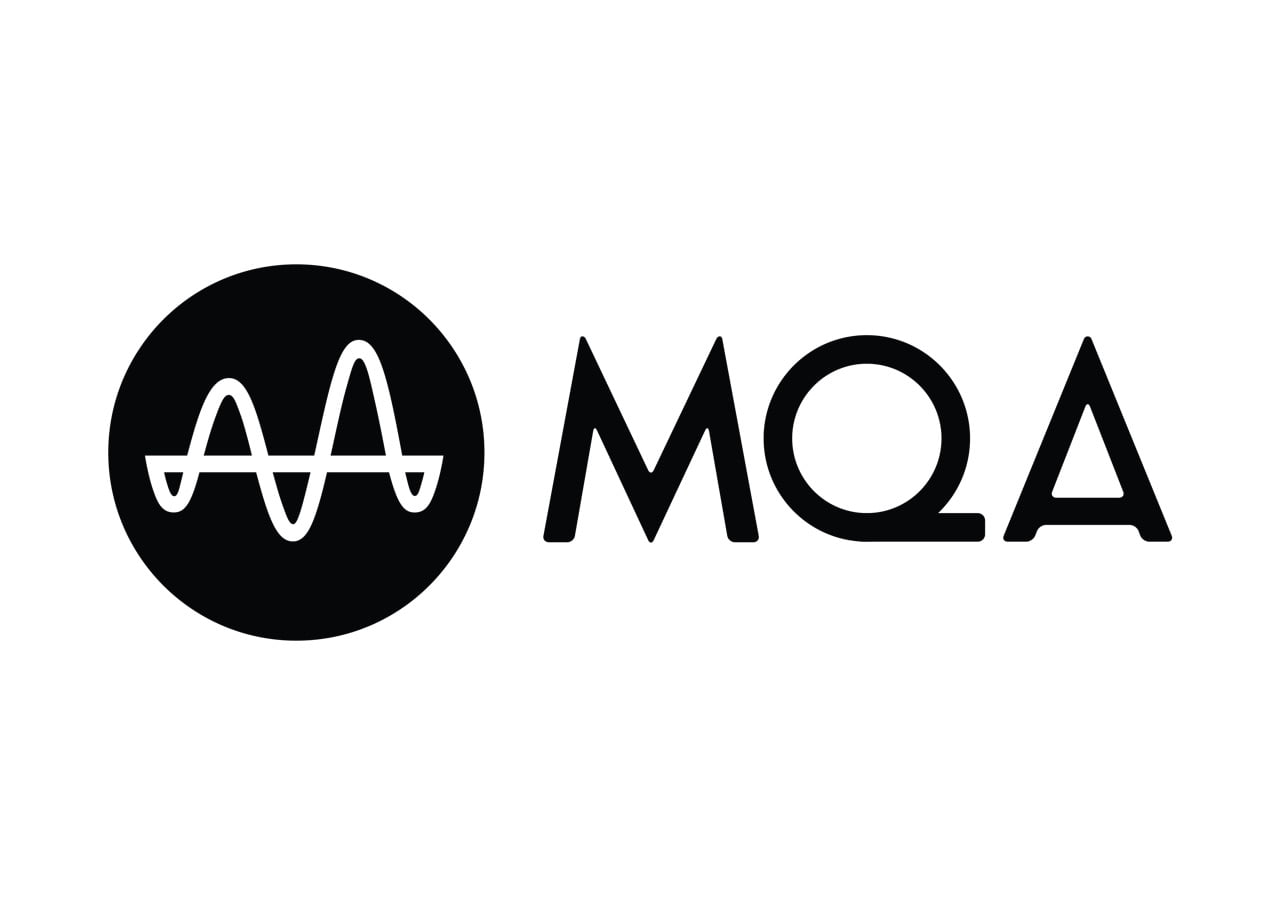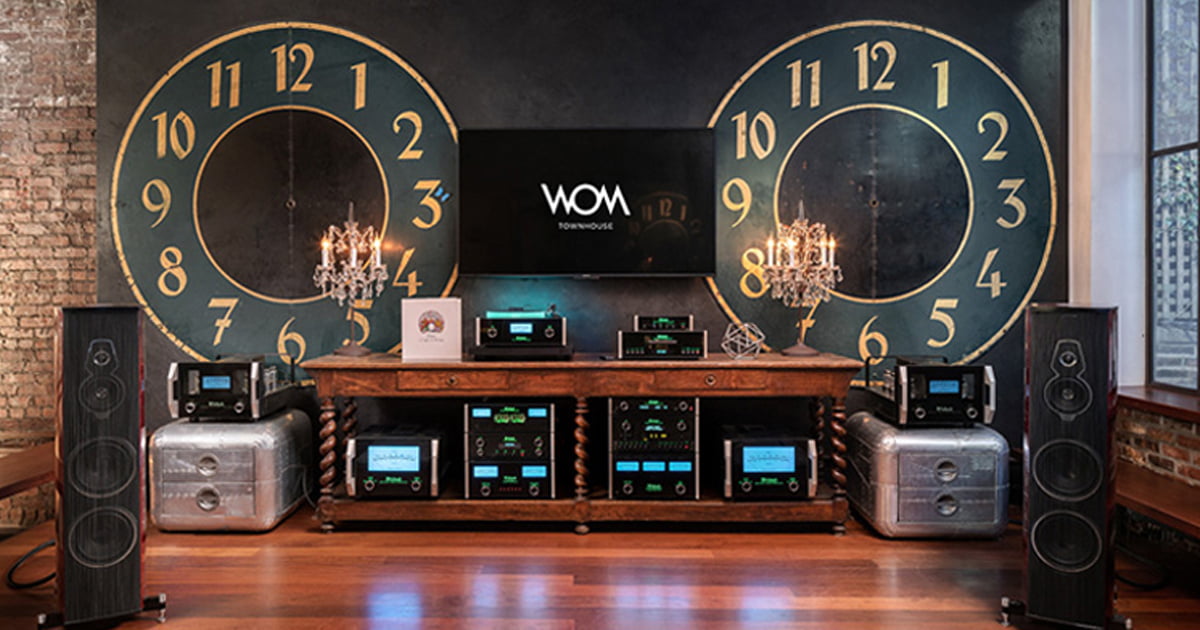It’s the time of year for saving money!
In about 1971, the VCR, initially developed primarily by Phillips, was introduced to the marketplace as a means to record movies and television programs. In 1975, Sony introduced a system it called Betamax to other Japanese manufacturers and assumed that a format consensus would be reached with Betamax being the most natural choice. After all, Betamax had superior playback resolution and was generally considered a better mousetrap. JVC, however, had other ideas and introduced its own version of the VCR tape and the rest was history. The videotape format war began with Betamax the unfortunate loser.
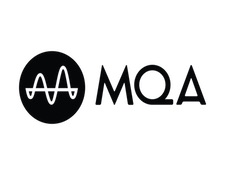 Today, we are witnessing a new musical format that has the potential to be a game changing musical experience. Master Quality Authenticated, or MQA for short, is a new format developed by the principal people at Meridian.
Today, we are witnessing a new musical format that has the potential to be a game changing musical experience. Master Quality Authenticated, or MQA for short, is a new format developed by the principal people at Meridian.
One of the chief problems in streamed music is the transfer of high resolution files. A 192 / 24 digital music file has a bit rate of 9216 kbps as opposed to a standard sized CD file streamed at 1411 kbps. One must pay a significant price to stream a high resolution file in terms of transfer speed and the burdens introduced to a home Wi-Fi network. As such, high resolution streaming has been slow to be introduced and catch on with widespread availability. It also seems logical that as digital technology advances, streaming HD music will become far easier and the problems of today will eventually disappear.
MQA, on the other hand, uses a technology to “fold” the higher resolution portion into the standard CD size, thus making a higher resolution file transmit just like a standard CD, or what you get when you stream the audiophile version of Tidal. However, to actually hear the sonic benefits, MQA encoded equipment is necessary to “unfold” the file to hear what the format has to offer.
Sounds great, right? There are, however, other questions that need answering.
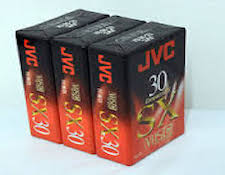 As it is now, MQA will be distributed via downloads or streaming. So for all those audiophiles that stream digital music rather than play a physical format, your musical world may suddenly improve. What happens if, like me, you are almost exclusively a physical format audiophile? Am I supposed to just set aside all my equipment and run out and buy MQA equipped streaming devices? At present, that seems like a really big leap of faith to me.
As it is now, MQA will be distributed via downloads or streaming. So for all those audiophiles that stream digital music rather than play a physical format, your musical world may suddenly improve. What happens if, like me, you are almost exclusively a physical format audiophile? Am I supposed to just set aside all my equipment and run out and buy MQA equipped streaming devices? At present, that seems like a really big leap of faith to me.
Let’s say, for fun, that actual, physical recordings encoded in the MQA process will, at some point, become available. Obviously MQA encoded components will be required. How eager will the equipment manufacturers be to either offer firmware updates to allow MQA, whether free or at a cost, or will they force their customers to purchase new compatible equipment? How eager will the average audiophile be if, in order to hear MQA encoded music, the purchase of a new music server and DAC will be required? The more expensive your existing server and DAC, the more expensive they will be to replace with the same level of quality.
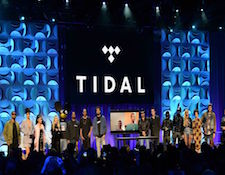 Another component of this new technology is the system itself. For some, using an entry level streaming device in a world class system is not something very desirable. Doing so would primarily be for the playback of MQA because it stands to reason the remainder of music played on such a system would be done as before – either digital or analog. The same might be said for those with an entry level system being forced to purchase expensive gear they ordinarily wouldn’t just to take advantage of a new format.
Another component of this new technology is the system itself. For some, using an entry level streaming device in a world class system is not something very desirable. Doing so would primarily be for the playback of MQA because it stands to reason the remainder of music played on such a system would be done as before – either digital or analog. The same might be said for those with an entry level system being forced to purchase expensive gear they ordinarily wouldn’t just to take advantage of a new format.
For those with a moderately priced system, particularly those that center around streaming to begin with, the adoption of MQA might be much easier. Perhaps through a firmware update, with either a cost or not, moving to MQA compatibility should prove to not be very problematic.
While many manufacturers are producing MQA equipment, some have thus far been reluctant to embrace the technology. Such reluctance is due, in part, to licensing fees, the cost to retrofit their existing equipment and for some, a pervasive feeling that MQA is simply a distraction that will not catch on. Would it be fair to mention Betamax right about now? Of course none of this even remotely addresses the amount of music available as an MQA encoded file, which by any measure, is currently very little. However, that will most likely change – especially if the technology continues to grow.
So how does it Sound? Here again, there is no consensus of opinion. While all who have heard under controlled conditions have highly extolled its virtues, there are also those in the audio press yet to sing the praises of MQA. As for me, I thought the MQA songs I have heard thus far sounded exceptional. However, I can’t say with certainty if they would sound better or worse on my system, or the same as the music to which I currently listen.
But let’s look forward to an MQA world. What I am having trouble with is when I should take the leap? Do I move forward with the purchase of MQA capable equipment now, whatever the cost may be, or wait to see how the whole process develops? If I wait, and MQA catches on in a big way, will I wind up paying more to jump on the band wagon because I was not proactive? Or conversely, do I disregard it completely, especially if the technology fails to catch on?
Personally, I’m taking a wait and see attitude. I’m not opposed to the technology or really, the cost of adaptation. I also don’t want to spend both foolishly and unnecessarily. So for the immediate future, I’m riding the fence and will wait to see how the technology plays out. One thing is for sure, how it does play out should be fun to watch!
